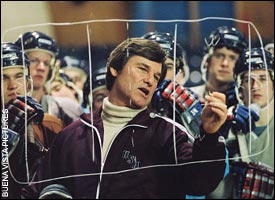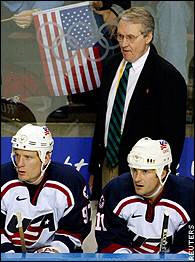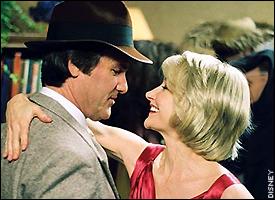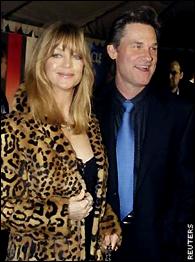| ESPN.com: Page3 |
 | |
| Russell was honored to have portrayed Herb Brooks, a man of greatness. |
 | |
| Herb Brooks inspired many youngsters to play the game. |
| The "Miracle" |
|---|
|
"Miracle," about the 1980 U.S. Olympic Team, opens Friday. Check out all our "Miracle" content and then watch a replay of the historical "Miracle on Ice" game against the Soviet Union tonight on ESPN Classic.
Content 8 ET: SportsCentury: Jim Craig 8:30 ET: The Making of Walt Disney's "Miracle" 9 ET: Classic Big Ticket: U.S. vs. USSR |
 | |
| Kurt Russell and Patricia Clarkson showed off their chemistry on screen. |
 | |
| Russell with his longtime love Goldie Hawn at the "Miracle" premiere. |